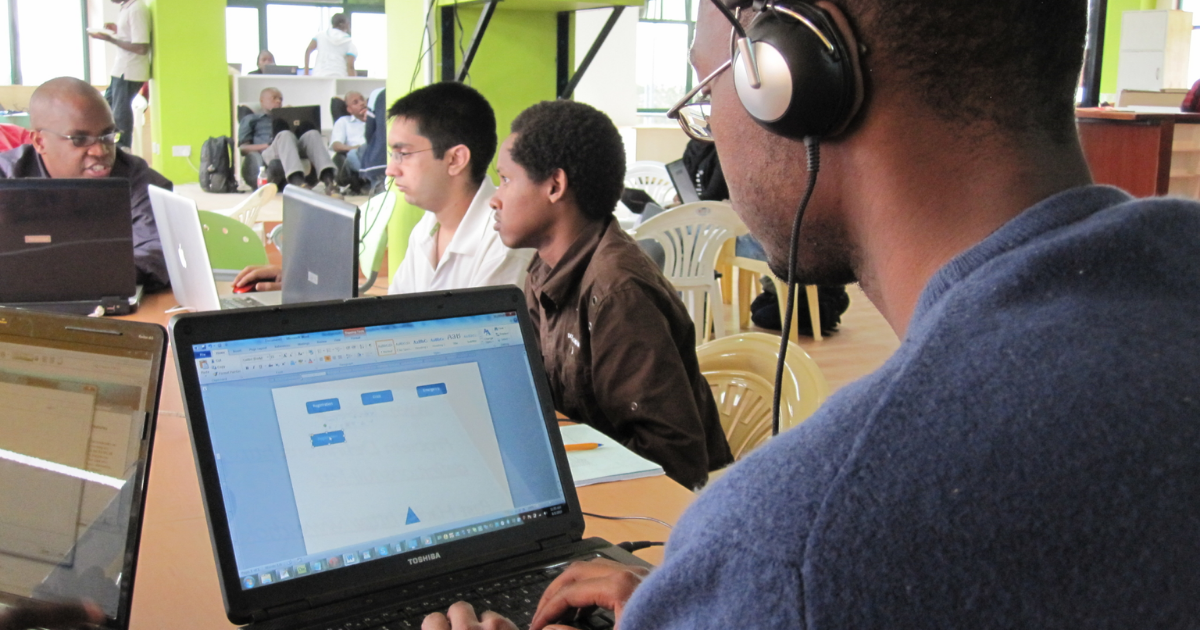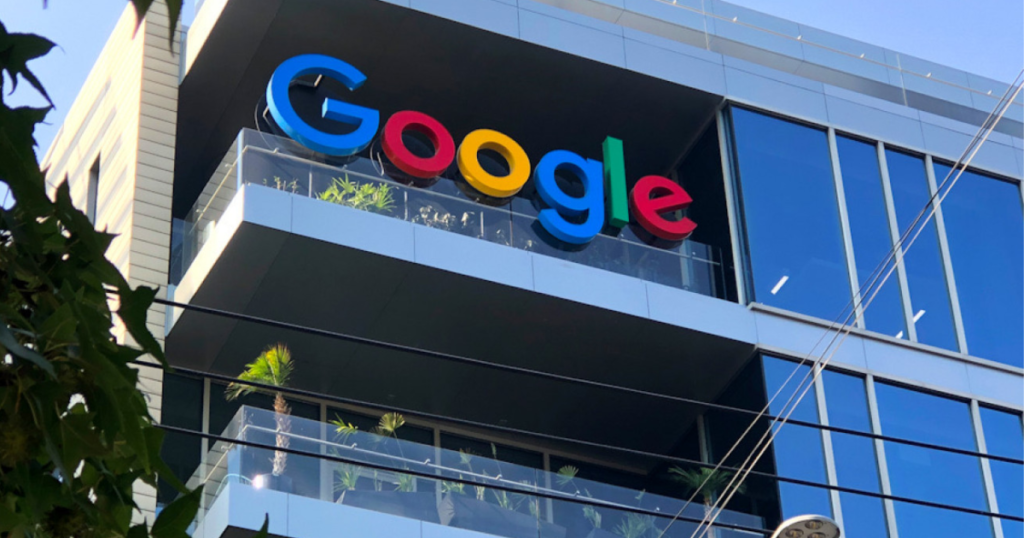Google's Product Development Centre: what is in for the Kenyan talents?

Kenya is an emerging East African economic hub with a population of about 55 million people with the youth constituting a large chunk of the population. Regrettably, this youthful population is not translating into economic growth due to the youth unemployment rate which stands at 13.5 percent, according to a World Bank report.
The likes of Tala, M-KOPA, Glovo, and Sokowat are some of the tech startups transforming the private sector, providing employment, and boosting the Kenyan economy. The World Bank Group’s report – Country Private Sector Diagnostic (CPSD) for Kenya – noted that the private sector accounts for 70 percent of total employment, 80 percent of gross domestic product (GDP), and most of the nation’s export earnings. Per funding reports, Kenyan startups attracted $571 in Venture Capital in 2021, making them a top 4 destination for investments after Nigeria, Egypt, and South Africa.
In what’s regarded as a first in Africa, Google announced the opening of its product development center in Nairobi, the Kenyan capital, where it plans to hire over 100 employees across software engineering, research, and design roles in the next two years.
The facility will house the research, design, engineering, and innovation teams as well as the Microsoft Garage, an incubation hub launched as part of the ongoing efforts to scale tech innovation on the continent. The center is one of the largest software engineering facilities in Africa and sets the standard for a new generation of technology hubs across the continent
Google joins the growing list of tech giants setting up innovations hub in the East African country, having earlier received a similar investment from Visa “first innovation center to co-create payment and commerce solutions with partners” and Microsoft launching a research and development center in Nairobi as well as partnered with local universities and start-ups to provide training and skills to create job opportunities for over 200,000 young Kenyans in support of the government’s digital economy policy.
Google, through its CEO, Sundar Pichai announced last year October, the company’s plan to invest $1 billion in projects that will “provide fast, reliable, affordable internet across the continent; build helpful, local products; and support the entrepreneurs and small businesses that underpin Africa’s economies.” The recent landing of Equiano subsea cable, in Togo and Nigeria respectively, and now the launch of its product development center are some of such projects.

These investments, just like everything else have two sides to the coin; they will equally have some negative impact on the local economy, especially in the short run, like creating an unfavorable competition for the Kenya startups in the area of hiring and retaining tech talents.
However, the impact of these investments on the Kenyan tech ecosystem – economic growth- and overall development will be felt by the populace, as it will lead to more demands for tech talents, which will translate to a reduced unemployment rate.
This has a net positive impact in the long run on the wider ecosystem. These investments by the big tech companies will fuel a higher interest in careers in the space broadening the pipeline of talent as more people will be deliberate with honing their tech skills to benefit from this tech revolution ongoing in the country.
There will also be an improvement in software products developed in the country this particular investment and the likes will lead to the localization of international talent. Here, local techies will be able to work for global companies and still contribute to the local economy instead of having to relocate to the West to further their careers. There will be an improved business landscape. Startups will have better companies to look up to and possibly partner in certain areas to serve the people better. Some startups with great products will likely be acquired by Google and incorporated into its suite of products.
Osaretin Victor Asemota collaborated on our position when sharing these lines in a tweet, “Google is the most deliberate and serious company I have ever interfaced with. It is full of some of the most intelligent people on Earth. Now that they have decided to take Africa even more seriously, waves will be made here. Hold on to your seats. They will also buy companies.”
Big tech is creating the environment for the next generation of entrepreneurs by putting money in people’s pockets. Not everyone will continue their career with the likes of Google and Microsoft forever, at some point they will leave to set up their startups.
There will be multiplier effects of tech talents in the country. These multinational tech companies will nurture talent which will further seed and reproduce their kind and in no distant time, Kenya will start exporting talents to the rest of Africa.
Conclusively, the Google Development Center in Nairobi will among other benefits lead to the boom and disruption of the tech ecosystem in the East African nation and with investment-friendly policies from the government, the economic potential of these investments will be utilized and their benefits reaped in full for the overall benefit of Kenyans in particular and the rest of Africa in General.
